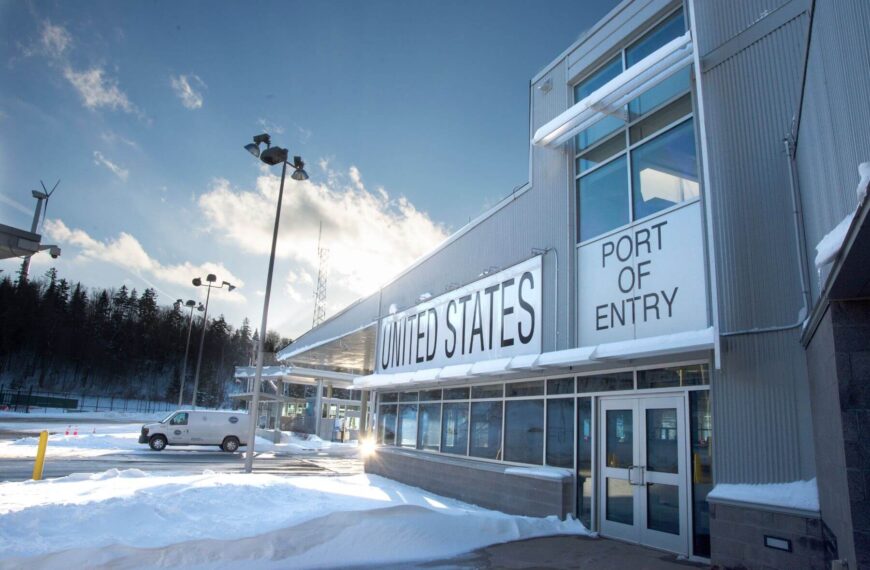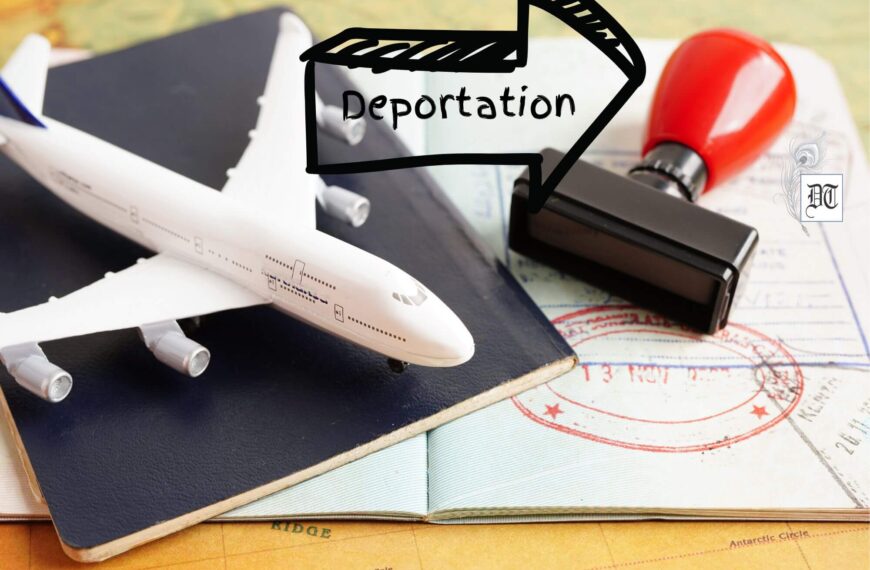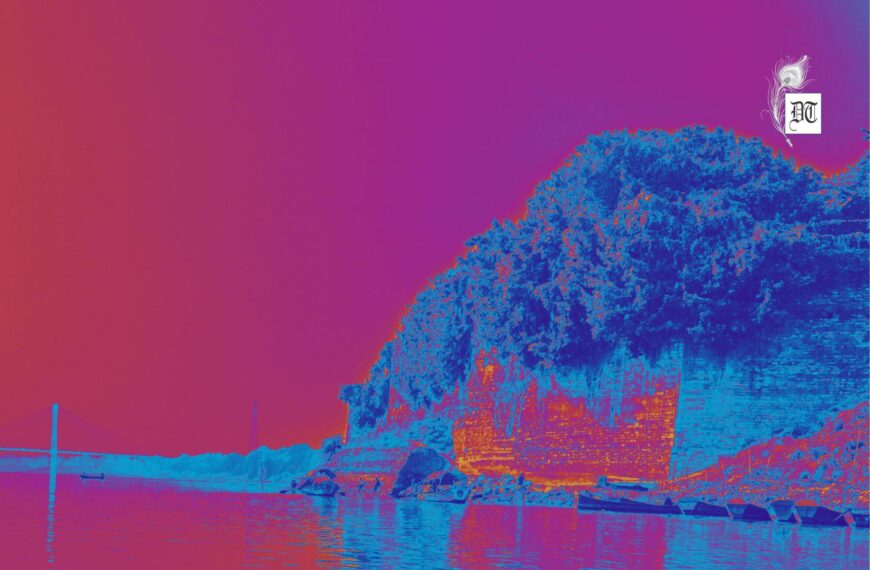With more than 56 million votes, it was Putin’s biggest ever win and the largest by any post-Soviet Russian leader. But the OSCE, a rights watchdog, said restrictions on fundamental freedoms, as well as on candidate registration, had restricted the scope for political engagement and crimped competition, analyses Navodita, our Associate Editor, in the weekly column, exclusively for Different Truths.
Vladimir Putin’s re-election as Russian President is least of all political surprises. Putin had banned most of his Opposition from running for office. However, he is genuinely popular among many Russians. The greater concern for countries like India is whether he can stem the gradual but steady decline of Russian power. Unlike most western countries, New Delhi supports a powerful, independent Russia and sees this as important to the development of a multipolar global order. Putin was able to bring an end to the post-Soviet economic chaos and gave Russians a sense of that superpower status they once had. But he was assisted by the oil price surge of the 2000s. His failure was to use this period of plenty to invest in Russia’s aging industrial plant, funnel his people’s intellectual abilities into high-technology sectors and otherwise lay the seeds for a sustained Russia revival.
 Putin’s politics in the past has been about constructing a popular narrative that ensured his people rallied around him even as Russia’s hydrocarbon earnings began falling. His politics has been remarkably successful. Taking over a bit of Ukraine, deliberately provoking the US and Europe by interfering in their politics, and conceding economic suzerainty of Central Asia to China has allowed him to blame western hostility for his economic failures and political regression. Yet there is a short-sightedness about much of this. As many of these policies have been designed to help Putin stay in power, they have been at the cost of Russia’s long-term interests. Russia’s GDP today is half of that of India’s and continues down a path of relative decline. Moscow’s closeness to Beijing has meant greater distance from New Delhi. The odds are he will continue a path of mild repression, provocative nationalism and minimal economic reform. This is good for Putin and his self-vested interests but not so good for Russia.
Putin’s politics in the past has been about constructing a popular narrative that ensured his people rallied around him even as Russia’s hydrocarbon earnings began falling. His politics has been remarkably successful. Taking over a bit of Ukraine, deliberately provoking the US and Europe by interfering in their politics, and conceding economic suzerainty of Central Asia to China has allowed him to blame western hostility for his economic failures and political regression. Yet there is a short-sightedness about much of this. As many of these policies have been designed to help Putin stay in power, they have been at the cost of Russia’s long-term interests. Russia’s GDP today is half of that of India’s and continues down a path of relative decline. Moscow’s closeness to Beijing has meant greater distance from New Delhi. The odds are he will continue a path of mild repression, provocative nationalism and minimal economic reform. This is good for Putin and his self-vested interests but not so good for Russia.
 Russia is currently at odds with the West over Syria and Ukraine; allegations of cyber attacks and meddling in foreign elections; and the poisoning in Britain of a former spy and his daughter. As a result, relations with the West have hit a post-Cold War low. Foreign Secretary of the UK, Boris Johnson, is meeting European Union counterparts in Brussels on Monday after Russia expelled 23 British diplomats on Saturday in a tit-for-tat retaliation against the UK. The attack shows Russia’s waging ‘modern war’ on the West, which must ‘wake up’ to defend itself, according to Manfred Weber, who leads the European People’s Party in the European Parliament and is an ally of German Chancellor Angela Merkel. EU and NATO members are having ‘intense discussions’ on possible political and economic sanctions, a senior Polish official says.
Russia is currently at odds with the West over Syria and Ukraine; allegations of cyber attacks and meddling in foreign elections; and the poisoning in Britain of a former spy and his daughter. As a result, relations with the West have hit a post-Cold War low. Foreign Secretary of the UK, Boris Johnson, is meeting European Union counterparts in Brussels on Monday after Russia expelled 23 British diplomats on Saturday in a tit-for-tat retaliation against the UK. The attack shows Russia’s waging ‘modern war’ on the West, which must ‘wake up’ to defend itself, according to Manfred Weber, who leads the European People’s Party in the European Parliament and is an ally of German Chancellor Angela Merkel. EU and NATO members are having ‘intense discussions’ on possible political and economic sanctions, a senior Polish official says.
 Kremlin spokesman Dmitry Peskov played down suggestions that tensions with the West had boosted 67.7% voter turnout, saying the result showed that Russians were united behind Putin’s plans to develop the country. Chinese President Xi Jinping was among the first to offer his congratulations to Putin, but Heiko Maas, Germany’s new Foreign Minister, questioned whether there had been fair political competition. French President Emmanuel Macron was one of the few Western leaders to speak by telephone to Putin on Monday, wishing Russia and its people success in modernising the country.
Kremlin spokesman Dmitry Peskov played down suggestions that tensions with the West had boosted 67.7% voter turnout, saying the result showed that Russians were united behind Putin’s plans to develop the country. Chinese President Xi Jinping was among the first to offer his congratulations to Putin, but Heiko Maas, Germany’s new Foreign Minister, questioned whether there had been fair political competition. French President Emmanuel Macron was one of the few Western leaders to speak by telephone to Putin on Monday, wishing Russia and its people success in modernising the country.
With more than 56 million votes, it was Putin’s biggest ever win and the largest by any post-Soviet Russian leader. But the Organisation for Security and Cooperation in Europe (OSCE), a rights watchdog, said restrictions on fundamental freedoms, as well as on candidate registration, had restricted the scope for political engagement and crimped competition. Putin faced no credible threat from a field of seven challengers. His nearest rival, Communist Party candidate Pavel Grudinin, won 11.8% while nationalist leader Vladimir Zhirinovsky got 5.6%. His most vocal opponent, anti-corruption campaigner, Alexei Navalny, was barred from running. Mr. Navalny, who had called on voters to boycott the election, urged his supporters not to lose heart and said his campaign had succeeded in lowering the turnout, accusing authorities of being forced to falsify the numbers. Although Mr. Putin has six years to consider a possible successor, uncertainty about his future is a potential source of instability in a fractious ruling elite that only he can keep in check.
However, the results come at a time that Russia stands increasingly isolated internationally. This began with Moscow’s annexation of Crimea in 2014 and continued as Ukraine and Syria progressed. About 10 million more Russians voted for Putin this year than they did in 2012. Turnout was the highest in the North Caucasus- at more than 90 % – and lowest in Chechnya, at 35%. Crimea overwhelmingly voted for Putin- more than 92% of the region cast its vote in his favour. Incentives were offered to voters to boost turnout- this included giveaways, food festivals & children’s programmes. State employees reported pressure from above to vote. Putin is already Russia’s longest-serving leader since Joseph Stalin. However, he dismissed the idea of staying in power for life.
©Navodita Pande
Photos from the Internet
#GlobalGanter #Putin #ElectionOfPutin #Russia #WorldPolitics #China #France #DifferentTruths







 By
By
 By
By
